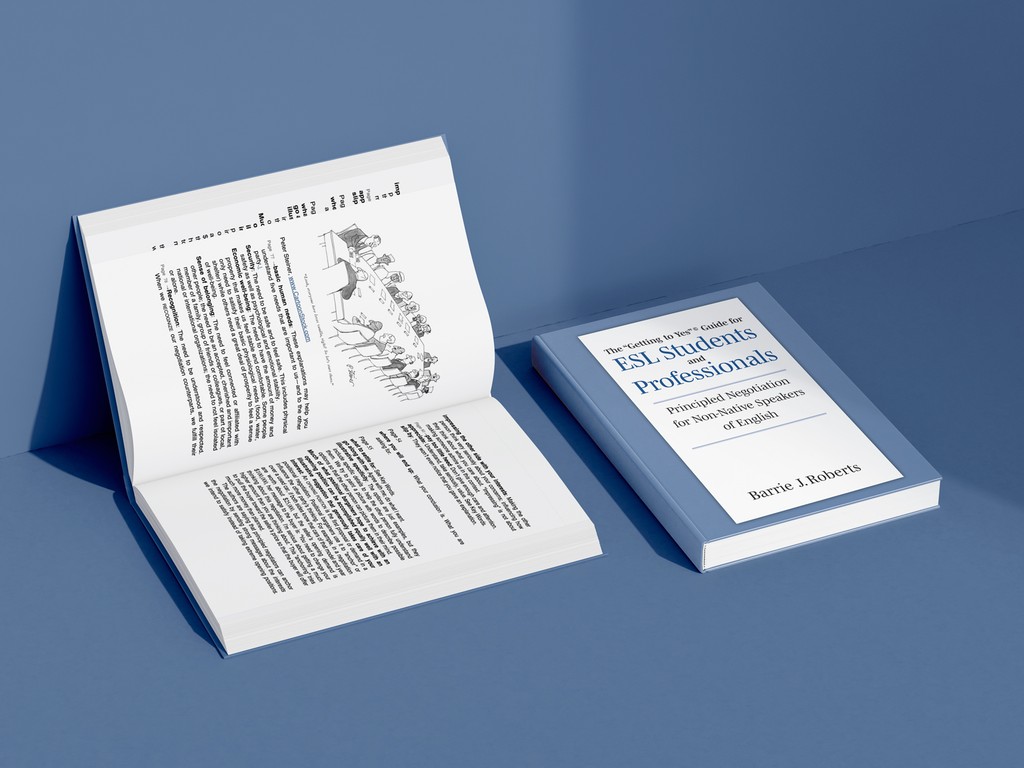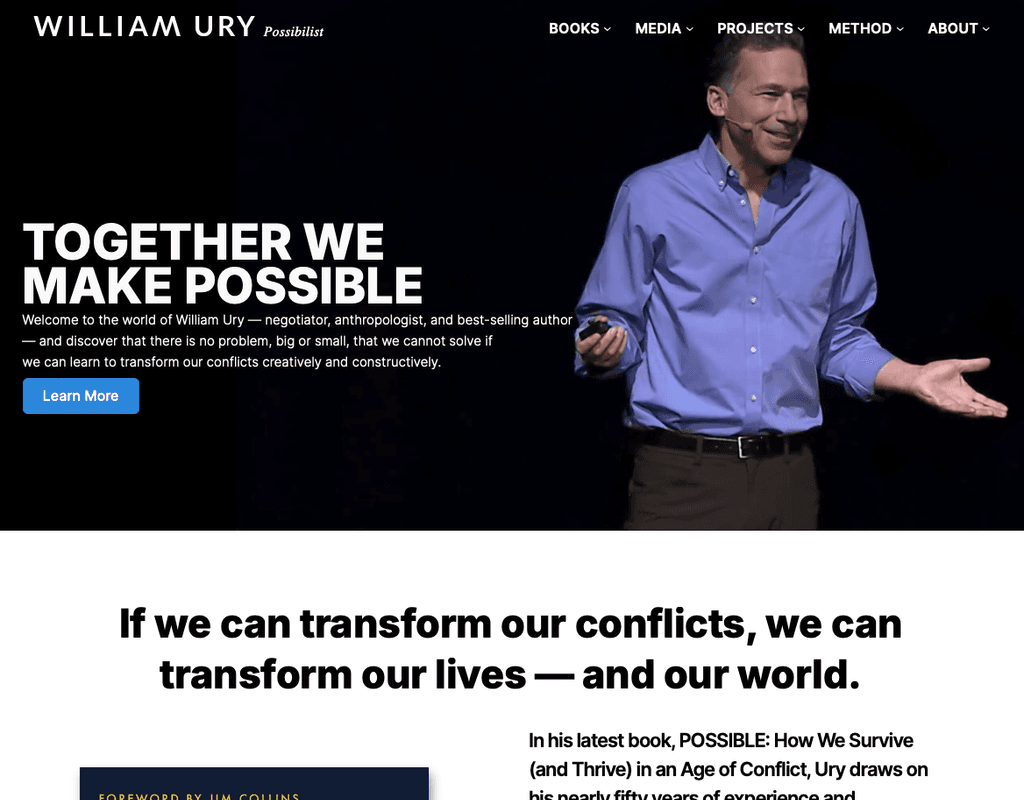Latest Blog Articles
EDR is developing a library of EDR materials and a General EDR Resource List for a range of EDR audiences. EDR articles provide practical English language tips for negotiators and mediators; explain key idioms and terms of art; describe specific cases of cross-cultural negotiations and mediations; and ask difficult and provocative questions about cross-cultural dispute resolution. Join the conversation by commenting and submitting your own articles or ideas for articles.
Global Legal Skills Institute Award for the Getting to Yes Guide!
I'm writing to express my deepest appreciation to the GLSI Board and community for honoring my book in Brno at the 17th GLS Conference. This award means more to me than words can say, but I’ll try to find the words to explain why that is so.
Mediating in a foreign language? Turn your fears into strengths
Learn how non-native English speakers can leverage their unique perspective and communication challenges to become more effective mediators in English-language disputes.
Book Links
There are hundreds of books on negotiation, mediation and ADR, but few were written for EDR audiences. EDR is developing a library of books that combine English and dispute resolution starting here:
English for Dispute Resolution: Mastering Negotiation, Mediation, and Alternative Dispute Resolution
This book introduces non-native English speakers to negotiation, mediation and Alternative Dispute Resolution as generally taught in the United States. LL.M. and Legal English, Business English and other high-intermediate to advanced level ESL students and professionals can use it for self-study as a course textbook.
Topics include an introduction to Alternative Dispute Resolution, negotiation ethics, competitive negotiation, collaborative negotiation, communication styles, apologies, reaching agreements, mediation, and a full mediation script to read or perform.
Chapters start with a short story (a “hypo”) to explore the chapter’s lessons and strategies
Complex topics are explained in user-friendly English
Activities help each reader develop their own unique negotiation and mediation styles
Sample language helps you match your communication style to your negotiation and mediation goals
A free online companion site makes it easy to download sample checklists, summaries, vocabulary and forms
The Teaching Guide for English for Dispute Resolution: Mastering Negotiation, Mediation, and Alternative Dispute Resolution
The teaching guide shows ESL and ESP instructors how to use the book for activities, units or whole courses even if they have no formal training in negotiation or mediation. The teaching guide provides
An introduction to teaching EDR
Lesson plans and teaching tips for each chapter
Separate guidance for ESL and ESP instructors
Step-by-step instructions for activities and role-plays
Lists of online and other resources
A free online companion site that makes it easy to send activities and materials to students
The Getting to Yes © Guide for ESL Students and Professionals
Getting to Yes (GTY) is the international best-seller on “win-win” negotiation from the Harvard Project on Negotiation. Generations of English-speaking negotiators and mediators have been trained in this four-step method of “principled” negotiation. But GTY can be challenging for many non-native English speakers, and if they do not understand this method, they may not be able to negotiate or mediate in English at the same level as those who do.
The Guide helps to solve this problem. It provides page-by-page explanations of vocabulary, idioms, concepts, strategies, and examples. It also provides a glossary of key GTY vocabulary, cartoons to highlight main points, optional ESL activities, and short stories that apply GTY vocabulary and strategies to new situations. Each chapter provides a ready-made lesson plan that readers can use for self-study and that instructors can use for activities, units or whole courses.
The guide makes it possible for non-native English speakers to join the global community of negotiators who know how to get to yes in English. The guide:
Explains vocabulary, idioms, concepts, and examples in user-friendly English
Provides a convenient glossary of key GTY vocabulary and “terms of art”
Offers optional activities for reading comprehension, vocabulary building, and critical thinking
Includes short stories that apply GTY vocabulary and strategies to new disputes
Provides a ready-made lesson plan for each chapter of GTY
Buy the Book
Conflict Resolution Training for the Classroom: What Every ESL Teacher Needs to Know
This short book shows ESL instructors how to turn standard ESL activities into conflict resolution activities that combine English lessons with valuable soft skills. Written for instructors with no formal training in negotiation or mediation, the book explains the basics and provides integrated language and conflict resolution activities for intermediate to advanced courses in various educational settings.
Available online and in print
Designed for ESL instructors with no prior ADR background
Practical activities and role-play scenarios
Sample syllabi and resource lists
Buy the Book
Practical English Language Skills for Lawyers: Improving Your Legal English
This excellent book explains negotiation, mediation and Alternative Dispute Resolution in user-friendly English and is highly recommended for all negotiators and mediators, lawyers and non-lawyers alike.
General EDR Resources
We plan to develop a library to help us explore EDR, starting with the following list. Send your suggestions for additional resources to include in this developing library.
EDR in Action
Challenge yourself with our EDR activity
Challenge Yourself
Find a short 1 - 2 minute video clip of a dispute between two people. You can choose real people or fictional characters. Tell the story of the dispute from each person’s point of view. (What’s the problem? How do they feel? What do they want?). Then tell us how you think these “disputants” could solve their problem. You can write your response or describe it in a short video.
Helpful Links
Discover new publications, articles, and videos to further your EDR knowledge and network.














